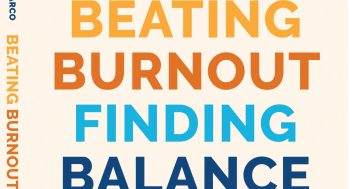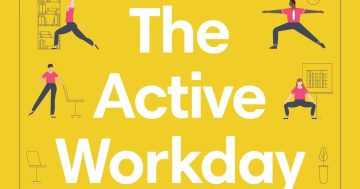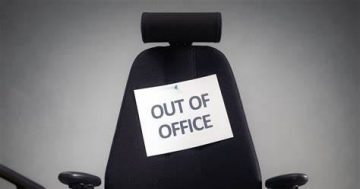Michelle Gibbings* says testing to destruction is essential in some industries, but is a bad human habit to follow.
 In manufacturing and industries that develop products, which if faulty could cause serious harm, they undertake a range of testing.
In manufacturing and industries that develop products, which if faulty could cause serious harm, they undertake a range of testing.
One such test – known as a test to destruction – is designed to understand how much stress the product can tolerate.
For example, with new brake pads or other critical car component parts, they need to test the components to see how they cope under different loads and stresses.
The way to test that level of tolerance is to test to the point of destruction.
It doesn’t sound like a nice thing to do, but it’s incredibly necessary.
Of course, it’s not a test you’d like to try on humans, and yet we often push ourselves close to breaking point.
Earlier this year we had National R U OK Day in Australia.
In the face of shrinking job stability, mounting workloads, fewer resources to complete work and an ‘always on’ mentality, burnout is on the rise.
So much so that in May, the World Health Organisation officially classified ‘burnout’ as a recognised illness.
A 2018 Gallup study found that of the 7,500 full time employees surveyed, 23 per cent felt burned out at work very often or always, and an additional 44 per cent felt burned out sometimes.
Knowing the warning signs and putting in place practices to prevent it taking hold is critical.
Start noticing: Firstly, be alert to the warning signs of burnout.
This can include feeling ineffective and more negative, having reduced energy, motivation, and efficiency, and being more frustrated and irritable.
You may feel as though you are working hard and yet accomplishing less.
At this point, you may also find yourself drinking too much, eating badly, and relying on substances and other unhealthy mechanisms to get you through your day.
These practices will only exacerbate the problem.
Get deliberate: This is about how you spend your time and energy and recognise the choices you have about your day.
You can wallow in it, or find a way to move through it.
Everyone likes to see they are making progress; we find it motivating.
A lack of progress and constant set-backs are demotivating.
Consequently, find ways to break your work into smaller, more bite-size pieces of work so it is easier to see more regular progress.
Regularly take breaks during the day, and when you can, set aside time to go outside your office or work environment and walk.
The key is to get away from your desk and shift your environment.
When you shift your environment, you shift your state and that can help to reset your mindset and get a fresh perspective.
Learn to say no: Be upfront with your boss about your workload and what’s manageable.
It can be very easy to say “yes” when a request comes in, and yet, there will be times when you need to say “no”.
It helps to set realistic boundaries about what you will and won’t do, and how you will respond to requests for work outside standard working hours.
If you don’t set boundaries that you are okay with, you’ll ultimately end up resenting the other person.
Build healthy habits: When you are busy and stressed it can be easy to let your health fall to the side.
Ask yourself: Do you really have time to not be healthy?
If you answer yes, then I’d challenge you.
Really? You have time for health issues, adrenal fatigue, high blood pressure, diabetes and other stress-induced illnesses?
No one has time to be unhealthy. No one wants to be unhealthy.
It’s about prioritising this and making it matter to you.
Build regular routines that are healthy and support you to be your best.
This includes exercise to help shift your state, releasing the brain’s happy chemical.
Getting enough sleep, eating well and meditating, all of which impacts your mood and ability to cope with what’s going on around you.
Patting a dog, watching a dog run around the park or any other activity that puts you in touch with an animal can help as it’s proven to help destress.
Remember to slow down and breathe. When you are stressed and anxious you typically take shorter and sharper breaths.
When you reflect on what you have it is easier to realise that the bad day is usually temporary, and you have so much to be thankful for.
Author of Atomic Habits, James Clear said: “The costs of your good habits are in the present. The costs of your bad habits are in the future.”
*Michelle Gibbings is a Melbourne-based change leadership and career expert and founder of Change Meridian. She can be contacted at [email protected] .
This article first appeared at www.changemeridian.com.au











